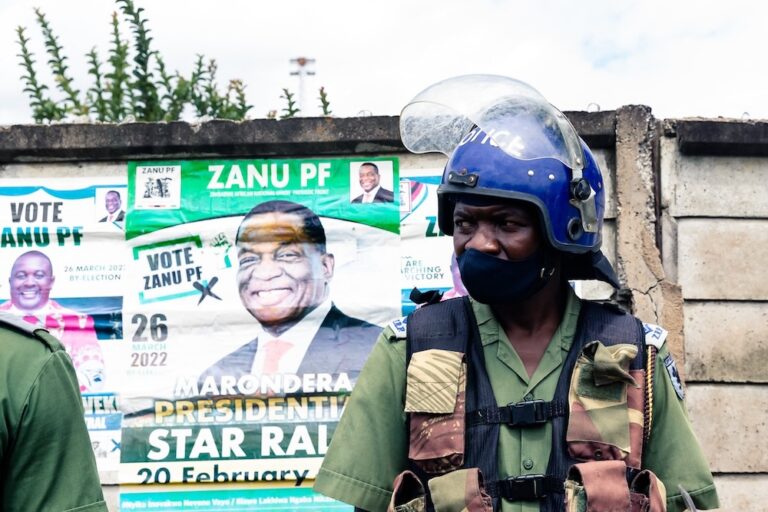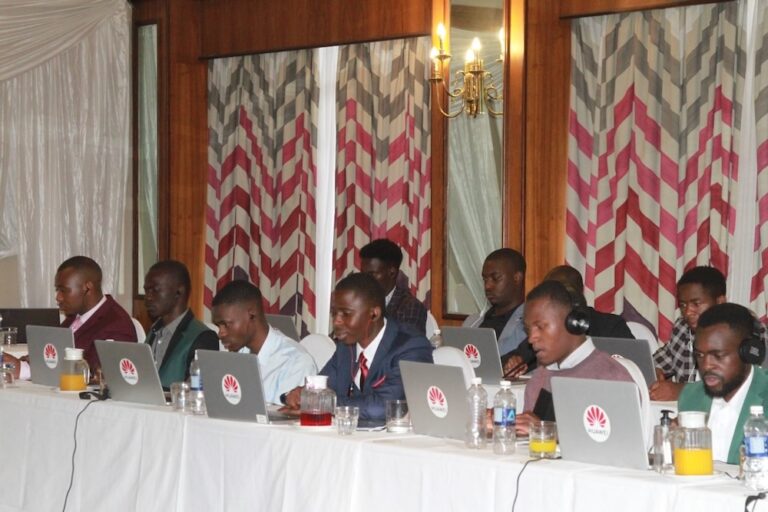(RSF/IFEX) – A bill presented to the Zimbabwean parliament at the end of March 2006 will give the government a free hand to intercept its citizens’ phone calls, e-mail messages and letters without providing any credible safeguards, Reporters Without Borders has said after obtaining a copy of the bill, the text of which is now […]
(RSF/IFEX) – A bill presented to the Zimbabwean parliament at the end of March 2006 will give the government a free hand to intercept its citizens’ phone calls, e-mail messages and letters without providing any credible safeguards, Reporters Without Borders has said after obtaining a copy of the bill, the text of which is now available on the organisation’s site ( http://www.rsf.org ).
“We fear the worst,” Reporters Without Borders said. “This bill will allow the authorities to place journalists and opposition politicians under surveillance without any control from the courts. It also directly threatens the local contacts of international media and NGOs. The government will have new tools to ensure that no embarrassing news or information crosses its borders.”
The organisation added: “This proposed law is all the more worrying as it will give full powers to transport and communications minister George Charamba, who said at the end of last month that press freedom was just an ‘auxiliary right’.”
The bill envisages the creation of an Interception of Communication Monitoring Centre (ICMC) staffed by “experts” able to spy on every kind of data. It says that telecommunications companies such as Internet Service Providers will have to install interception software and set up a direct connection to the ICMC to allow real-time monitoring. Company executives who refuse to comply could face up to three years in prison.
The proposed law says the ICMC would provide technical assistance to companies but does not specify what software would be used. However, a South African online newspaper reported in May 2005 that the Zimbabwean government has discussed the acquisition of communication interception technology with China. At the same time, Zimbabwean sources say Chinese equipment is already being used to jam independent radio broadcasts.
The bill envisages that the chief of the Defence intelligence, the Director general of the President’s department of national security, the Commissioner of the Zimbabwe Republic Police and the Commissioner-General of the Zimbabwe Revenue authority would all be able to submit requests for phone taps and other forms of communications interception to the transport and communications minister. This minister is the only official authorised to issue an interception warrant, which he can do if he thinks a “serious offence has been or is being or will probably be committed” or if there is a “threat to national security”.
The warrant issued by the minister will be valid for three months, but he will be able to renew it as often as he likes if he thinks there is “good reason.” And he is not subject to control by any court. It is also alarming that the bill says that an interception request can be made orally in “the case of emergency or the existence of exceptional circumstances.”


